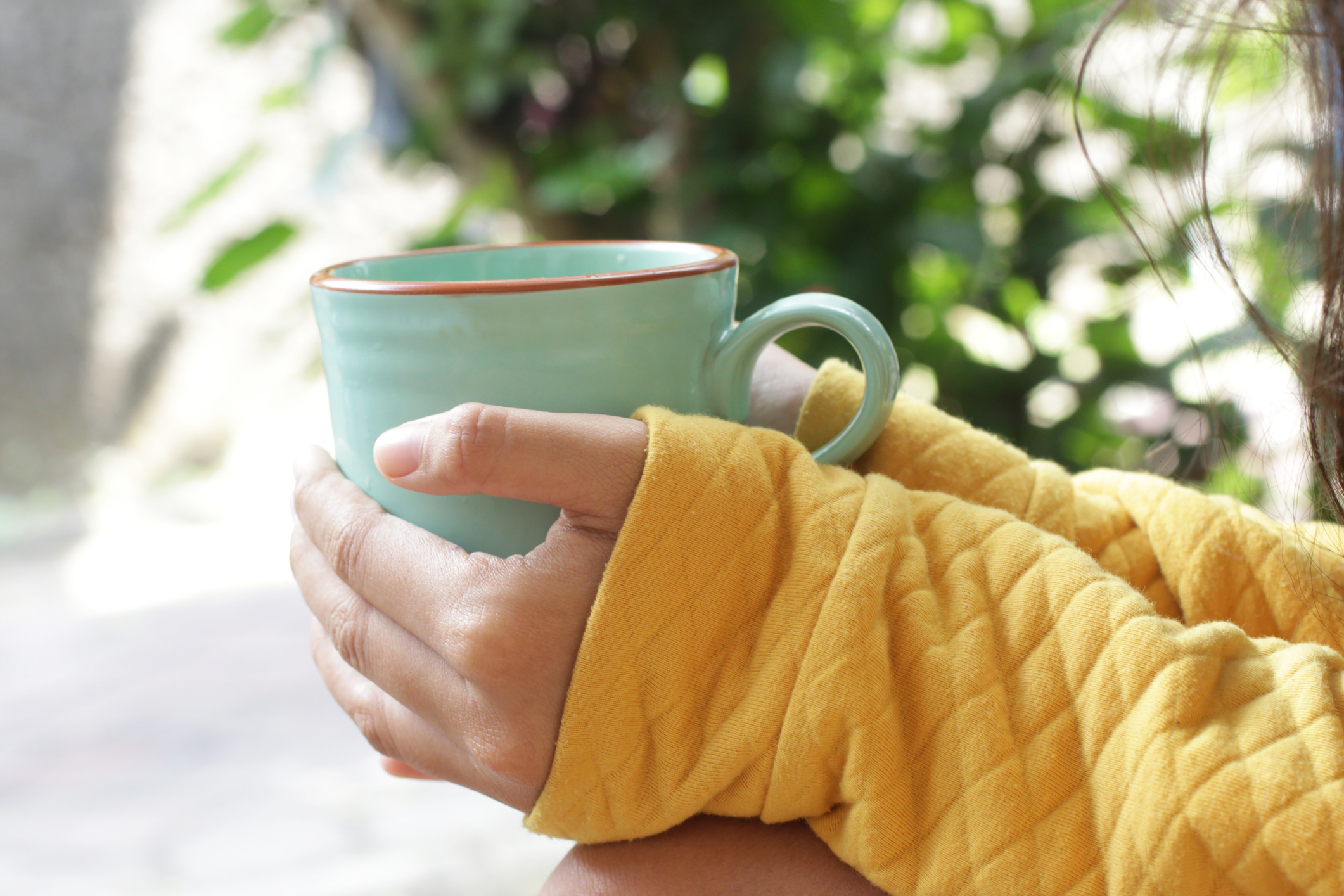Five Essential Self-Care Practices to Boost Your Wellness and Inner Peace
The first essential self-care practice focuses on nourishment. What we consume, from food to information, significantly influences our wellness and inner peace. Prioritize a balanced, nutrient-rich diet that supports your unique bodily needs. Remember, healthy eating isn't about dieting or restricting - it's about providing your body with what it needs to function optimally and feel good.
Sufficient hydration is also a crucial part of this practice. Drinking plenty of water can boost your cognitive functions, sustain physical performance, and aid in detoxification.
Think about what information you choose to consume, too. Cutting down on news or social media that triggers stress or anxiety can make a noticeable difference in your mental well-being. Instead, choose content that enriches your intellect and uplifts your spirit.
Physical Activity

Physical activity is the second key self-care practice. Regular exercise helps maintain physical health, reduces the risk of several diseases, energizes the body, and elevates mood. Whether it's a walk in nature, a rigorous gym workout, or a calming yoga session, find an activity that you enjoy and incorporate it into your routine.
While physical activity nurtures our physical wellness, it also contributes to mental serenity by releasing endorphins, our body's 'feel good' chemicals. Exercise helps us gain greater self-confidence, alleviates symptoms of mild depression and anxiety, and improves sleep quality.
Mindfulness and Meditation

Slide three takes us into the realm of mindfulness practices, primarily meditation. Mindfulness and meditation encourage us to stay present, decrease stress levels, and cultivate inner peace.
Several scientific studies have shown the benefits of consistent mindfulness practices. They can lower hypertension, reduce symptoms of pain, decrease depression and anxiety, and improve overall life satisfaction.
Practicing mindfulness also improves focus, creativity, and problem-solving skills. Furthermore, mindfulness fosters better understanding of self, thus cultivating a deeper sense of inner peace.
Establishing and Respecting Boundaries

Our next self-care practice revolves around setting and honoring boundaries. It's crucial to establish limits in our relationships, work, and even with ourselves. Clear boundaries can prevent us from overexerting and keep stress levels in check.
Boundaries need not be rigid; instead, they can be adjusted based on individual needs and situations. Personal boundaries involve expressing your needs in a respectful way and understanding that your needs and rights are as important as others'.
Pursuing Passions

The final essential self-care practice is pursuing activities that ignite your passion. Engaging in hobbies not only serves as a respite from daily chores and responsibilities but also aids in stress reduction.
Whether it’s painting, dancing, writing, gardening, or just reading a favorite book, it can lead to feelings of joy and wholehearted satisfaction. Staying creative and connected with your interests can offer a sense of accomplishment, enhance self-esteem, and provide a sense of identity beyond work or domestic roles.
Don't rush things; start small if you need to. The path to innate wellness lies not in drastic changes but in mindful, consistent practices that condition us to be kind and caring to ourselves.